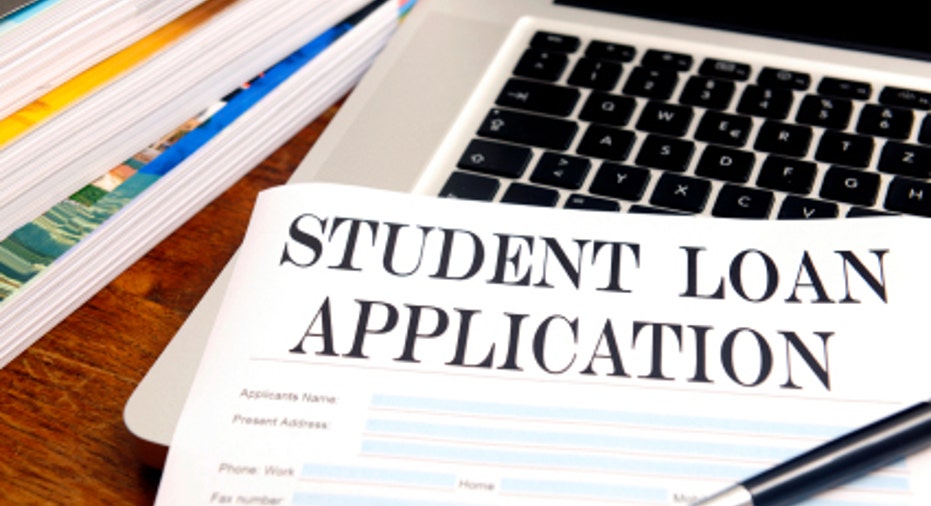No Job and Massive Student Loans: What Now?

The tough economy and tight job market is resulting in a generation of college grads that are out of work and drowning under hefty student loan debt.
This harsh reality has many grads struggling to find their next move. Defaulting on the loans will create long-term damage to their credit score, making their financial future even bleaker. Bankruptcy also won’t help since it doesn’t include forgiveness for student loan debt. So what’s a grad to do?
“Over the past few years it’s definitely become a much larger issue,” says Chris Kwon, financial advisor at Firstrust Financial Resources, adding that the average student graduates with $30,000 of debt.
In a perfect world, recent grads would be able to overhaul their lifestyle and budget to make their minimum monthly payments when their grace period ends, but for most unemployed graduates, this can’t be done. Especially since most grace periods are only six to nine months, leaving little time to land a job.
If you fall into that category, financial experts say the first step is to identify your loan type. Understanding the loan terms, interest rate and amount you owe will help you determine your eligibility for any payment assistance.
“You want to know what your loans are and what the rules of the loan are,” says Robert Seltzer, a certified public accountant and personal financial specialist. “The worst thing you can do is blow it off and not deal with it.”
Student loans are either backed by the government or are issued from a private institution like a bank. Government loans can be subsidized and unsubsidized. If your loan is subsidized, you may be able to apply for a deferment and have the government pay the interest during that period.
According to Kwon, in order to be eligible for a deferment, you have to show you can’t find employment or you have a legitimate economic hardship. Students in graduate school or a fellowship program or serving in the military on active duty may also be able to get a deferment, he adds.
If you have an unsubsidized loan, you may qualify for a deferment, but interest will accrue during that phase, which means you’ll end up owing more when you are able to make payments.
Your lender may grant you a forbearance, which means you can stop making payments or make reduce payments for a set period of time but interest will continue to accrue. According to financial experts, people typically apply for forbearance if there is a sudden illness or unexpected problems that make it impossible to make installments.
Keep in mind that getting a deferment or forbearance will impact your credit score. “It will adversely affect your credit score a bit but not paying your student loan payment once it comes due will hurt it a lot more,” says Kwon.
If you can’t repay private loans, financial experts suggest trying to negotiate with the lender to extend the payment period. While most student loans have a 10-year repayment time frame, sometimes you can extend that out to as much as 30 years. Yes, you’ll pay more money over time, but it will significantly reduce your monthly payments.



















